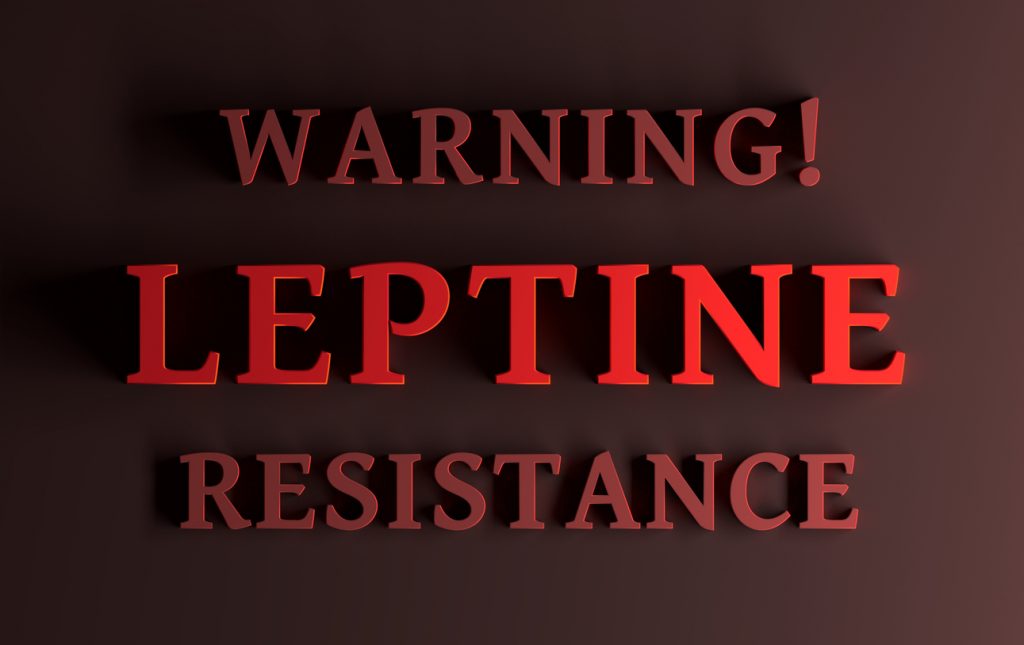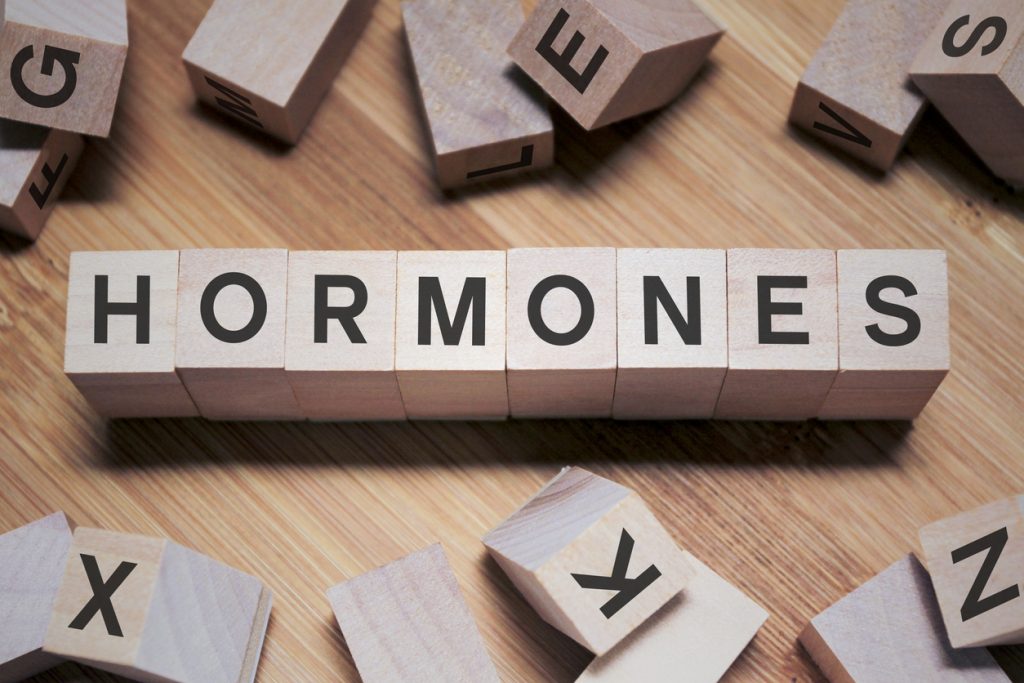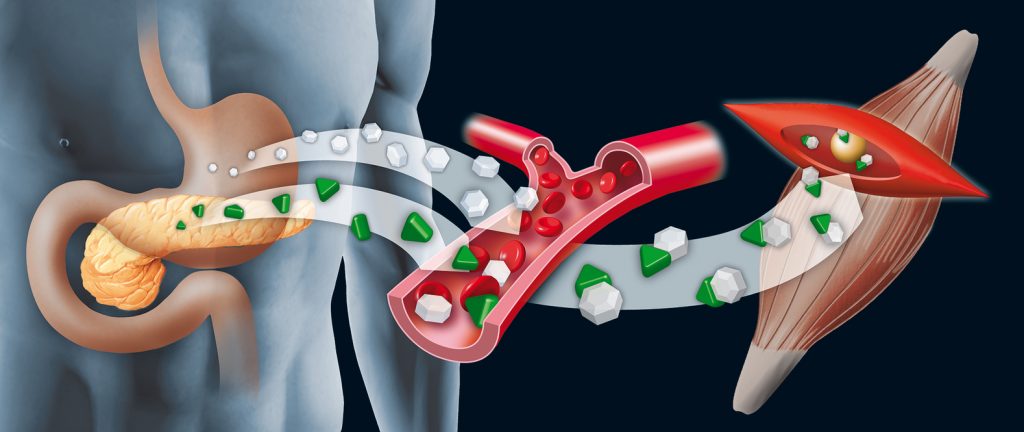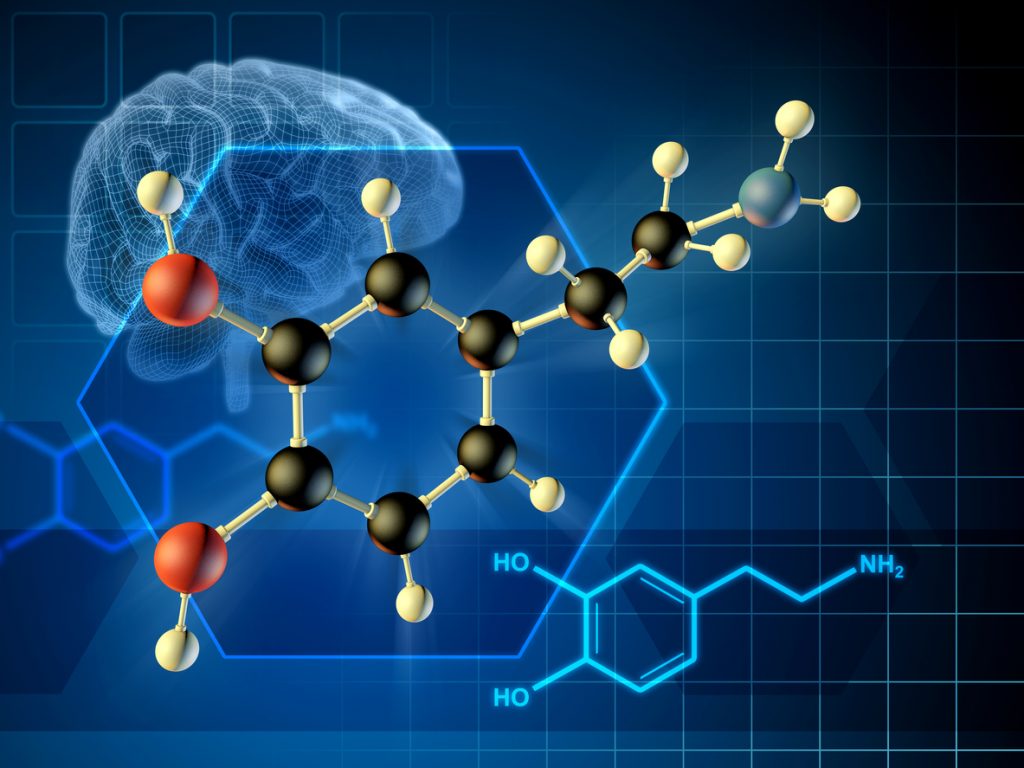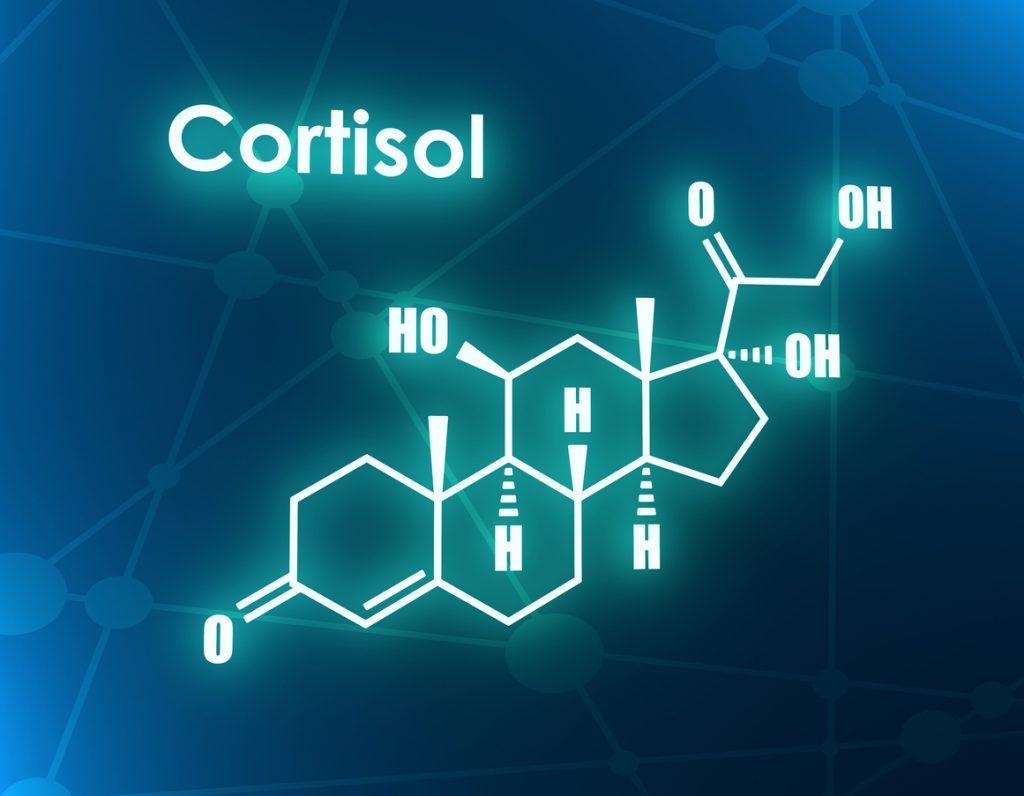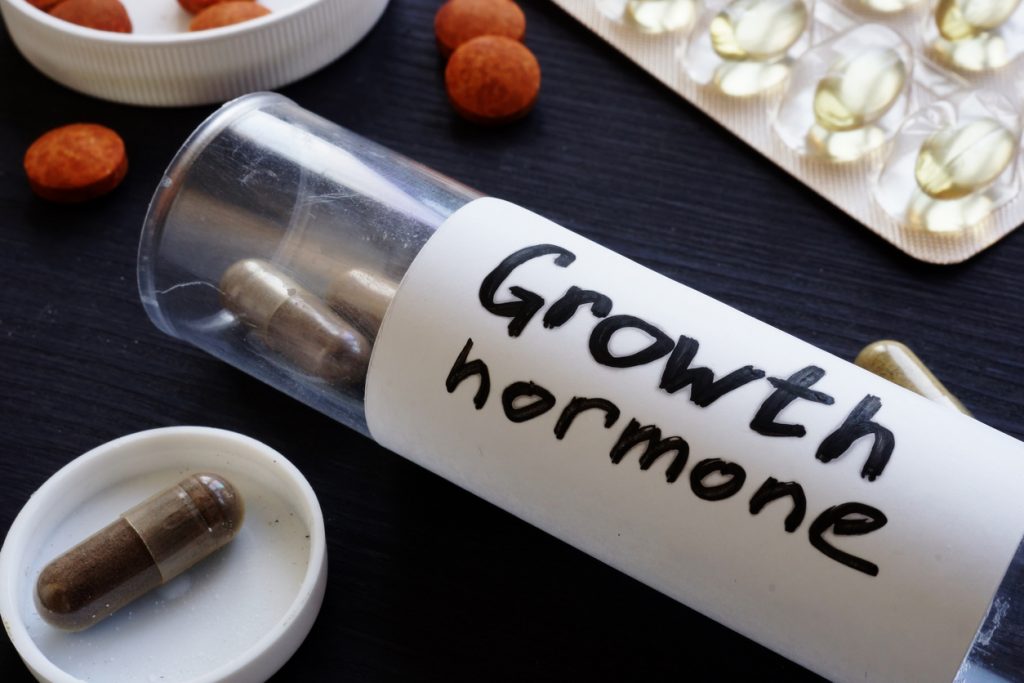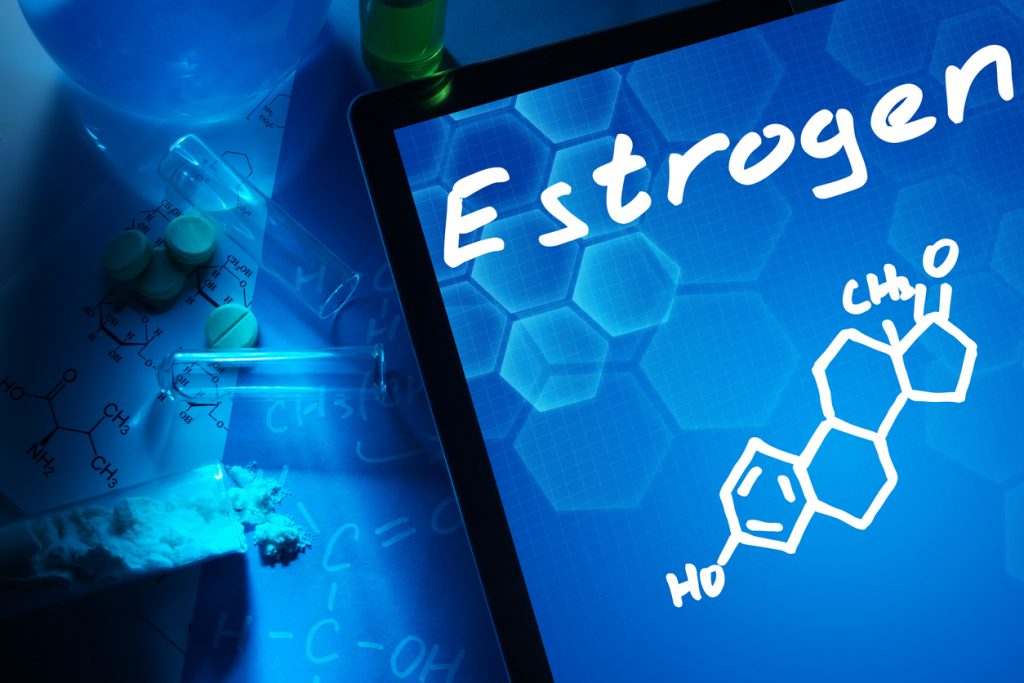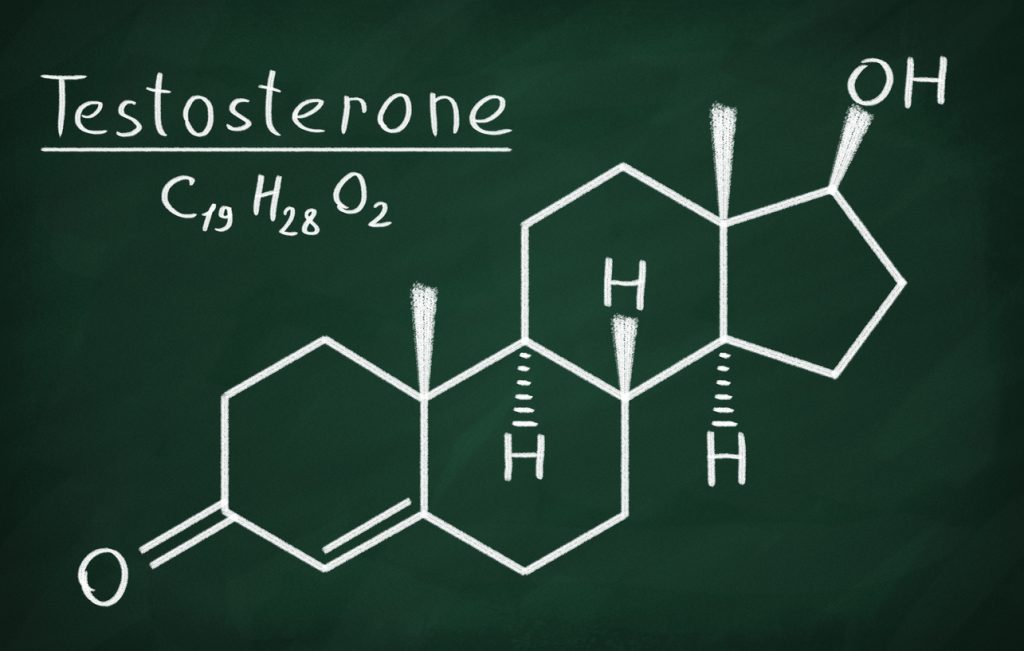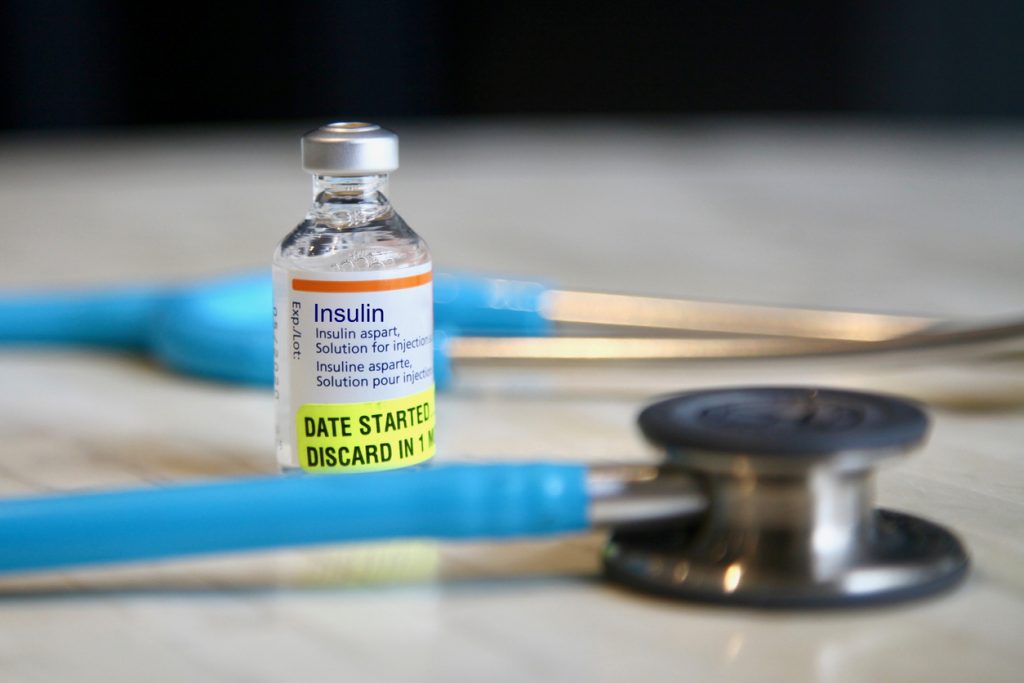When you feel hungry or full, there is a hormone behind it, leptin. Also known as the satiety hormone, it plays a big part in our daily lives. The questions that often come to mind are then how does it work? How can we control it? Or the most obvious one, what is it really?
Leptin: definition and function
Leptin is a hormone that influences metabolism and the feeling of satiety. Like many hormones, it acts by sending a message to the whole body. It is secreted continuously throughout the day, with a low level during the day indicating hunger and a high level in the late evening indicating satiety.
This secretion responds to a circadian rhythm, i. e. a period of about 24H, which is common to several hormones.
What distinguishes leptin is the tissue that secretes it. In fact, unlike its companions, leptin is not produced by the endocrine system, but by white adipocytes or white adipose tissue. They are located in areas where fat is stored, such as the thighs.
Leptin is involved as soon as food arrives in the stomach, it helps the intestinal absorption of proteins and binds to the hypothalamus which then secretes anorectic peptides which create the sensation of satiety. If properly deciphered, this hormone can be a real tool for improving physical health and regulating diet.
How to decipher the effects of leptin?
A high level of leptin sends a message of satiety, which means that our brain thinks you have eaten enough. In other words, when our brain tells us that our stomach has had enough, it means that it has had enough. If the level is low, your brain will make you feel hungry straight away.
The level of leptin in the bloodstream is proportional to the energy mass stored in the fat mass. This proportionality communicates to the brain how much energy is available to the metabolism and subsequently optimises energy expenditure.
If a person is in good physical health, the circadian rhythm of leptin ensures that he or she eats quite normally, perhaps with some nibbling or possible lack of appetite. A leptin disorder would rather be identified by severe eating disorders.
Leptin and weight problems
If leptin really tells us when we are hungry and when we are full, we wonder why we observe hyperphagia in overweight people or anorexia in underweight people. There should be no more weight problems if we believe in the functioning of this hormone, however the organism of some people have become resistant to its effects, and in other cases it is the mind that poses a problem.
Leptin and anorexia
Anorexia leads to a considerable decrease in body fat, which is responsible for the secretion of leptin. The thinner the person with anorexia becomes, the less leptin is produced in the body and therefore the blood concentration is totally insufficient.
In simple terms, people with anorexia are constantly hungry because of the very low level of leptin in their blood, but they ignore this signal voluntarily or not. Their brain is constantly telling them to eat or risk death from undernutrition. Therefore, the fact that people with anorexia survive drastic dietary conditions is more akin to the body adapting to survive than to any lack of appetite.
Leptin resistance and overweight
Hyperphagia, which is less well known than anorexia, is the excessive consumption of food in relation to the energy expended by the body, one of the main factors in overweight. It is characterised by repeated binges, which unlike bulimia exclude any attempt to control weight. In short, it is the fact of eating without knowing how to stop.
The logic would then be that a high amount of fat mass would ensure a high blood concentration of leptin and thus a permanent feeling of satiety. However, too much leptin leads to leptin resistance.
The hormone receptors are no longer sensitive to the satiety message due to a repeatedly high leptin level. As a result, the body obviously produces a lot of leptin, but this does not influence the appetite. The brain, which no longer receives the message, constantly thinks of an energy deficit and generates a permanent feeling of hunger.
Leptin and other hormones
Interactions of leptin with other hormones can be beneficial or detrimental, depending of course on the effects of the hormones. The main interactions observed are with cortisol and with dopamine.
Leptin and stress
Cortisol is produced in large quantities in situations of physical or psychological stress. Cortisol with its orexigenic effects opposes the anorexigenic effects of leptin. As a result, even in the case of satiety, the brain will receive a hunger message in situations of uncontrolled stress. It is therefore advisable to work on managing stressful situations and to avoid intensive long-term training that overtaxes the body. Staying up late is also a significant factor in the secretion of cortisol, as it immerses the body in permanent fatigue.
In a stressful situation, the two hormones will clash in favour of cortisol. A hormone that is nevertheless harmful in large quantities. In addition to a permanent feeling of hunger which favours fat gain, cortisol increases water retention, in other words a descent into fat hell.
Leptin and dopamine
Leptin helps to increase the production of dopamine. The area of the brain that receives signals from leptin in turn sends a message back to increase the production of dopamine. It is also known as a reward hormone. Dopamine is secreted in large quantities when an action that gives pleasure is performed.
People in good physical condition generally feel good after a meal in proportion to their energy requirements, because the feeling of hunger is regulated on a daily basis. This is in contrast to people who suffer from eating disorders. Whether they are anorexic or hyperphagic, hunger and approximately low dopamine levels will favour food slips by opting for so-called comfort foods with high levels of sugar and fat.
Promote leptin secretion
Here are six tips that can help you increase your leptin production:
- Prefer quality muscle mass to fat mass
- Alternate weight loss or lean diets with cheat meals
- Make sure you get enough sleep
- Favour short term high intensity training over long term training
- Introduce plenty of protein and healthy fats at breakfast, preferably rich in omega 3

